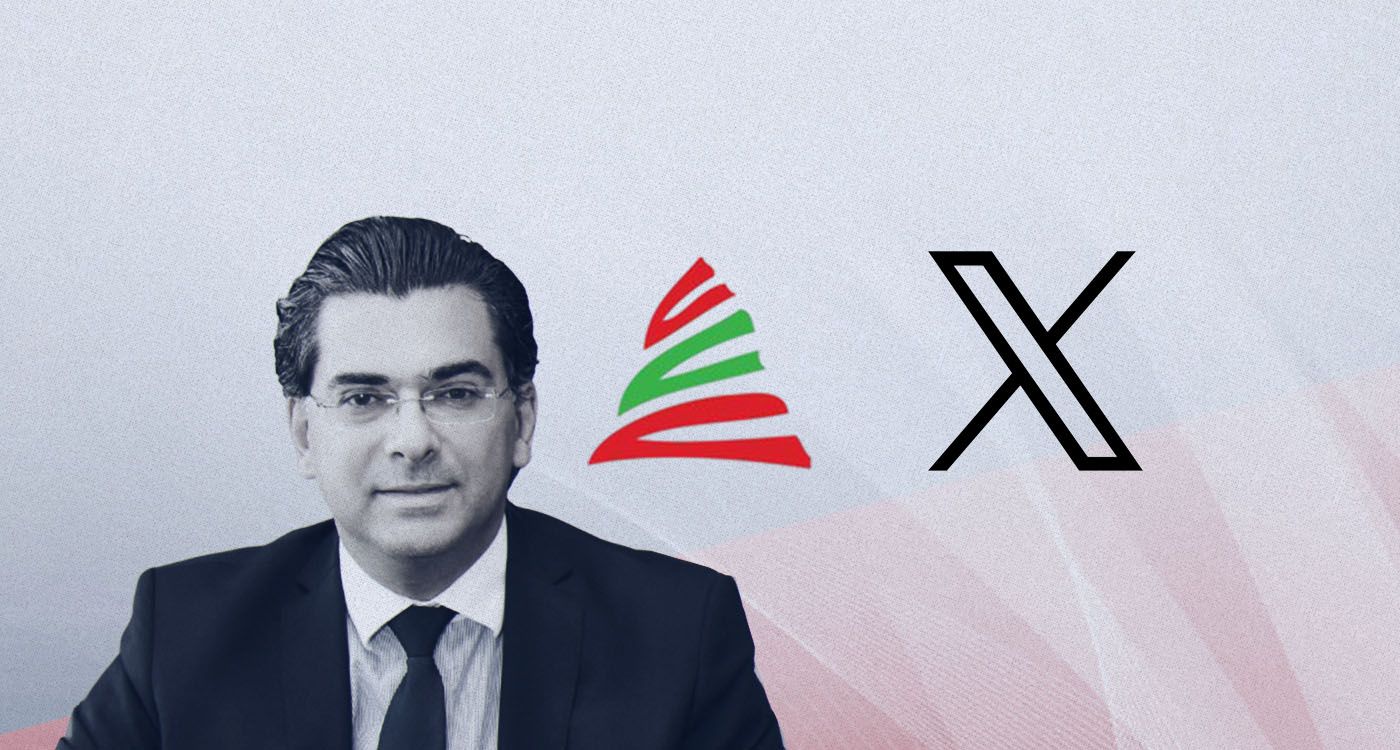
Mohammed Saeed al-Sahhaf, Iraq’s former Minister of Information, became a global icon during the 2003 invasion of Iraq. His surreal press briefings - defiant, eloquent, and completely disconnected from reality - turned him into a legend of denial and spin.
But Al-Sahhaf is no longer just a relic of Iraq’s past. He has become a mindset, a model of denial adopted by more than a single person within systems that refuse to face facts. Detached from reality, such figures continue to operate as though nothing around them has changed.
Two decades on, Lebanon’s Minister of Information, Paul Morcos, seems to believe he can resurrect that legacy - casting himself as the guardian of public opinion, even assuming the role of moral enforcer, dictating to citizens what they should or shouldn’t do based on their societal roles.
This is the same minister who attempted to push through appointments at Tele Liban without the approval of key political actors - only to see his decisions swiftly overturned. The same minister who failed to condemn open threats against journalists and media outlets by remnants of the so-called "resistance camp" now sees no issue in issuing a stern warning: interacting with or responding to Israeli figures on social media is a violation of Lebanese law.
The real tragedy is that Morcos - and the government behind him - are viewed by the international community as glaringly negligent in dealing with the disarmament of Hezbollah and other armed groups. International envoys and ambassadors regularly deliver sharp verbal and written messages, but no corrective action is taken. Instead of facing these pressures, the minister finds solace in restricting Lebanese citizens, banning social media users from engaging with Israelis - as though that were a sufficient shield for the nation.
In an age of increasing normalization with Israel across the region, Lebanon’s Minister of Information insists on acting like a morality police officer from the old resistance era—even though his own background doesn’t reflect that ideology. It appears he is surrounded by advisors who wield more influence over his positions than he does.
Meanwhile, in Syria, the state news agency has begun to feature Hebrew content. In contrast, Paul Morcos is focused on policing mobile phone users - prohibiting them from entering into online debates with figures such as Avichay Adraee, the Arabic-language spokesperson for the Israeli army, and others like him.
What stings most in this equation is the contrast with President Joseph Aoun. From the moment he assumed office, Aoun sought to foster a new approach - one that rejects the intimidation of journalists and avoids clinging to the rhetoric of 1948. Early in his presidency, he welcomed and honored journalist Layal Al-Ekhtiyar, whose alleged offense was interviewing Adraee on Al Arabiya.
Today, the very minister closely aligned with the president is leading a return to preemptive censorship and social media surveillance. Al-Sahhaf’s legacy, it seems, lives on and is evolving - with new tools, but the same old logic.



Comments